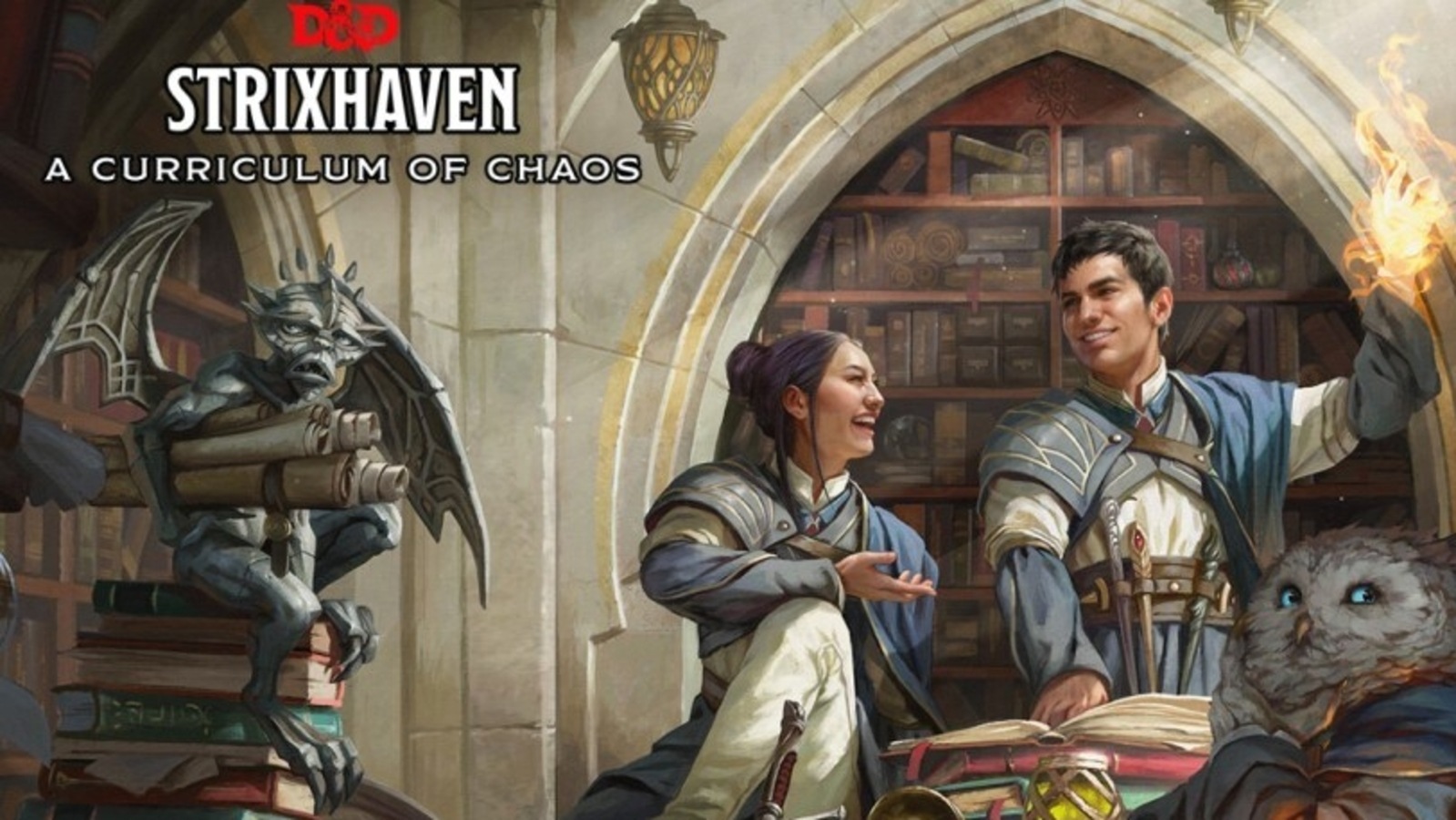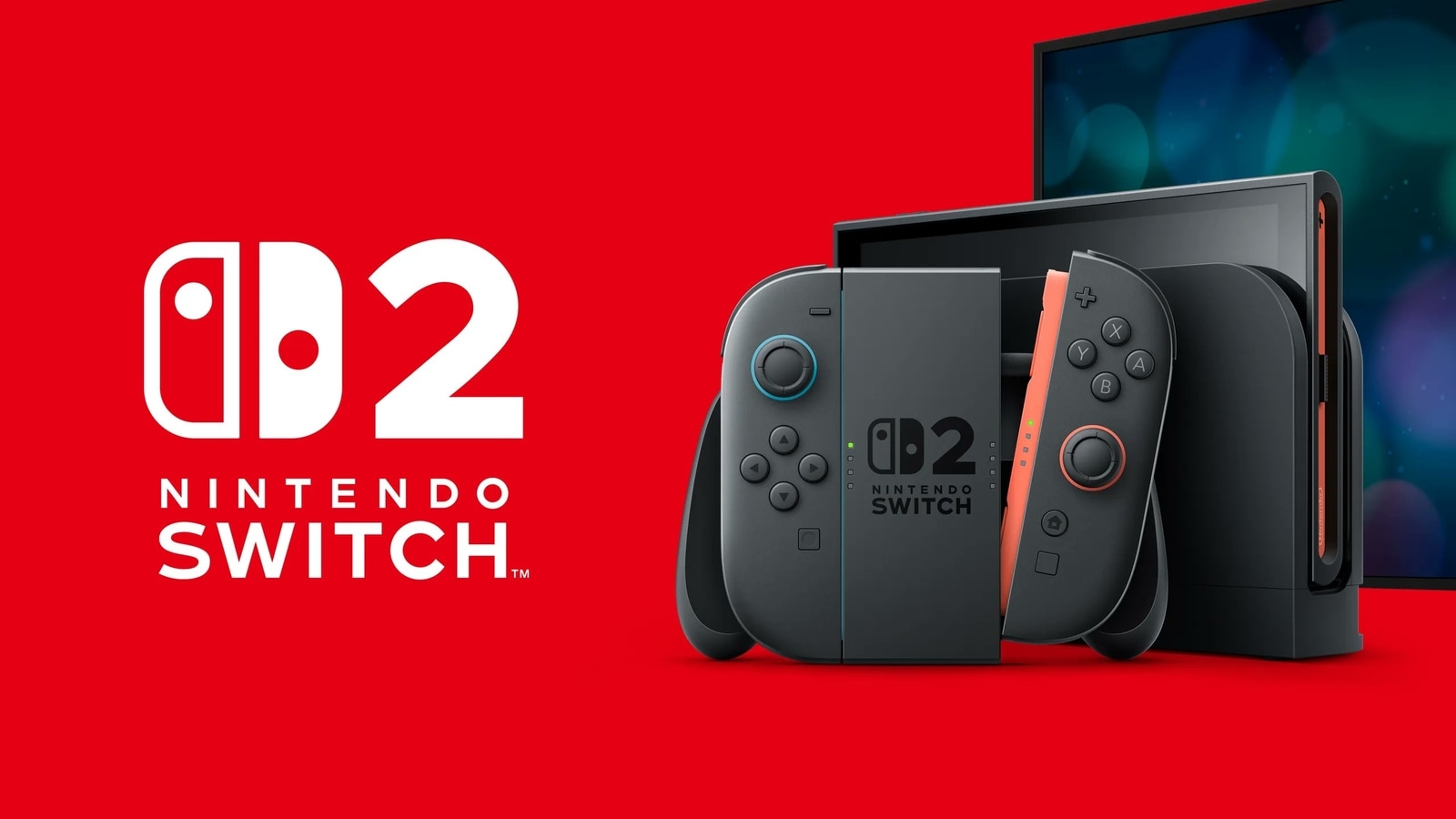Wizards of the Coast, the distributor of Dungeons and Dragons, is taking a novel approach to prevent players from confusing a rival’s intolerant offering with any of its own.
An otherwise mundane motion for an injunction filed last week in a Seattle federal court opens with this startling sentence: “Defendants’ to-be-released Star Frontiers New Genesis game contains despicable content including blatantly racist and transphobic content.” The kicker is that the litigation concerns not discrimination but trademark infringement.
Even among those of us who’ve taught intellectual property law, the case would be dry and technical — except for the allegations about the viciously intolerant content of the new game. Again, let’s quote the motion for an injunction:
“The game … contained alarming content: stating, for example, that ‘races in Star Frontiers New Genesis are not unlike races in the real world. Some are better at certain things than others, and some races are superior than others.’ … A ‘negro’ race is described as a ‘Subrace’ in the game and as having ‘average’ intelligence with a maximum intelligence rating of 9, while the ‘norse’ race has a minimum intelligence rating of 13.”
The motion also alleges that New Genesis “describes ‘latent issues’ with certain races like ‘blacks having issues with sickle cell enemia [sic] and with family issues’” and that the game “includes a specific gender option for the characters ‘Male/Female no bonuses, and no Trans.’”
Okay, there’s lots of offensive stuff here. But it any of it actually relevant trademark law?
In this case, yes.
The movant is Wizards of the Coast, best known as the distributor of the venerable role-playing game Dungeons and Dragons. Wizards obtained the rights to D&D (as it’s known) through the 1982 purchase of a company called TSR. Among the products TSR offered was Star Frontiers, another tabletop role-playing game. The case concerns a newly formed company, also called TSR, which plans to sell a game called Star Frontiers New Genesis. Test versions of the new game have been distributed to some potential players. The new TSR argues that it’s free to use the relevant trademarks because Wizards of the Coast abandoned them.
True, D&D itself has been sharply criticized for supposed racial stereotyping, and some games have been accused of worse. The video game industry has long struggled to overcome a well-earned reputation for racism and sexism, both among gamers and in the companies that design them. It’s no niche problem: Worldwide video game sales are expected to top $200 billion this year. Among popular entertainments, movies and sports might get more attention, but compared to the video game behemoth, they’re minnows.
And lately video game makers have been scrambling to promote their commitment to diversity. Wizards argues that it has worked hard to develop a reputation for inclusivity in an industry beset by the opposite.
So if the allegations of racist content are true — and if Wizards has not abandoned the marks in question — then on top of being confused about who’s offering Star Frontiers New Genesis, the gaming community might wind up blaming Wizards for the new game’s racism. This risk can only strengthen the infringement claim.
We’ve been down this road before. In 2002, the US Court of Appeals for the 7th Circuit enjoined the World Church of the Creator from using that name, when the mark was already owned by the Church of the Creator. Here’s the court’s summary of the views of the defendant:
“World Church of the Creator, by contrast, does not worship God but instead depicts the ‘white race’ as the ‘Creator’ and calls for the elimination of Jews, blacks, and what it labels ‘mud races.’ Its slogan is: ‘Dedicated to the Survival, Expansion, and Advancement of the White Race’.”
True, the defendant’s eliminationist theology played no formal role in the court’s analysis, but it’s hard to know how much informal influence the World Church’s unrepentant racism might have carried. Moreover, just as in the Star Frontiers New Genesis case, there was certainly a risk that the churchgoing public, confused by the similar names of the two entities, might hold the defendant’s outrageous views against the plaintiff.
Given this and other precedents, Wizards of the Coast would seem to have a strong case. But it’s important to understand why. The issue isn’t whether the maker of New Genesis should have the right to manufacture and distribute a racist game. The company would simply have to choose a different name.
People are free to hold and express viciously intolerant views. But they’re also subject to the same law as everyone else — including the prohibition on profiting from other people’s trademarks.
Stephen L. Carter is a Bloomberg Opinion columnist. A professor of law at Yale University, he is author, most recently, of “Invisible: The Story of the Black Woman Lawyer Who Took Down America’s Most Powerful Mobster.”
Wizards of the Coast, the distributor of Dungeons and Dragons, is taking a novel approach to prevent players from confusing a rival’s intolerant offering with any of its own.
An otherwise mundane motion for an injunction filed last week in a Seattle federal court opens with this startling sentence: “Defendants’ to-be-released Star Frontiers New Genesis game contains despicable content including blatantly racist and transphobic content.” The kicker is that the litigation concerns not discrimination but trademark infringement.
Even among those of us who’ve taught intellectual property law, the case would be dry and technical — except for the allegations about the viciously intolerant content of the new game. Again, let’s quote the motion for an injunction:
“The game … contained alarming content: stating, for example, that ‘races in Star Frontiers New Genesis are not unlike races in the real world. Some are better at certain things than others, and some races are superior than others.’ … A ‘negro’ race is described as a ‘Subrace’ in the game and as having ‘average’ intelligence with a maximum intelligence rating of 9, while the ‘norse’ race has a minimum intelligence rating of 13.”
The motion also alleges that New Genesis “describes ‘latent issues’ with certain races like ‘blacks having issues with sickle cell enemia [sic] and with family issues’” and that the game “includes a specific gender option for the characters ‘Male/Female no bonuses, and no Trans.’”
Okay, there’s lots of offensive stuff here. But it any of it actually relevant trademark law?
In this case, yes.
The movant is Wizards of the Coast, best known as the distributor of the venerable role-playing game Dungeons and Dragons. Wizards obtained the rights to D&D (as it’s known) through the 1982 purchase of a company called TSR. Among the products TSR offered was Star Frontiers, another tabletop role-playing game. The case concerns a newly formed company, also called TSR, which plans to sell a game called Star Frontiers New Genesis. Test versions of the new game have been distributed to some potential players. The new TSR argues that it’s free to use the relevant trademarks because Wizards of the Coast abandoned them.
True, D&D itself has been sharply criticized for supposed racial stereotyping, and some games have been accused of worse. The video game industry has long struggled to overcome a well-earned reputation for racism and sexism, both among gamers and in the companies that design them. It’s no niche problem: Worldwide video game sales are expected to top $200 billion this year. Among popular entertainments, movies and sports might get more attention, but compared to the video game behemoth, they’re minnows.
And lately video game makers have been scrambling to promote their commitment to diversity. Wizards argues that it has worked hard to develop a reputation for inclusivity in an industry beset by the opposite.
So if the allegations of racist content are true — and if Wizards has not abandoned the marks in question — then on top of being confused about who’s offering Star Frontiers New Genesis, the gaming community might wind up blaming Wizards for the new game’s racism. This risk can only strengthen the infringement claim.
We’ve been down this road before. In 2002, the US Court of Appeals for the 7th Circuit enjoined the World Church of the Creator from using that name, when the mark was already owned by the Church of the Creator. Here’s the court’s summary of the views of the defendant:
“World Church of the Creator, by contrast, does not worship God but instead depicts the ‘white race’ as the ‘Creator’ and calls for the elimination of Jews, blacks, and what it labels ‘mud races.’ Its slogan is: ‘Dedicated to the Survival, Expansion, and Advancement of the White Race’.”
True, the defendant’s eliminationist theology played no formal role in the court’s analysis, but it’s hard to know how much informal influence the World Church’s unrepentant racism might have carried. Moreover, just as in the Star Frontiers New Genesis case, there was certainly a risk that the churchgoing public, confused by the similar names of the two entities, might hold the defendant’s outrageous views against the plaintiff.
Given this and other precedents, Wizards of the Coast would seem to have a strong case. But it’s important to understand why. The issue isn’t whether the maker of New Genesis should have the right to manufacture and distribute a racist game. The company would simply have to choose a different name.
People are free to hold and express viciously intolerant views. But they’re also subject to the same law as everyone else — including the prohibition on profiting from other people’s trademarks.
Stephen L. Carter is a Bloomberg Opinion columnist. A professor of law at Yale University, he is author, most recently, of “Invisible: The Story of the Black Woman Lawyer Who Took Down America’s Most Powerful Mobster.”

























